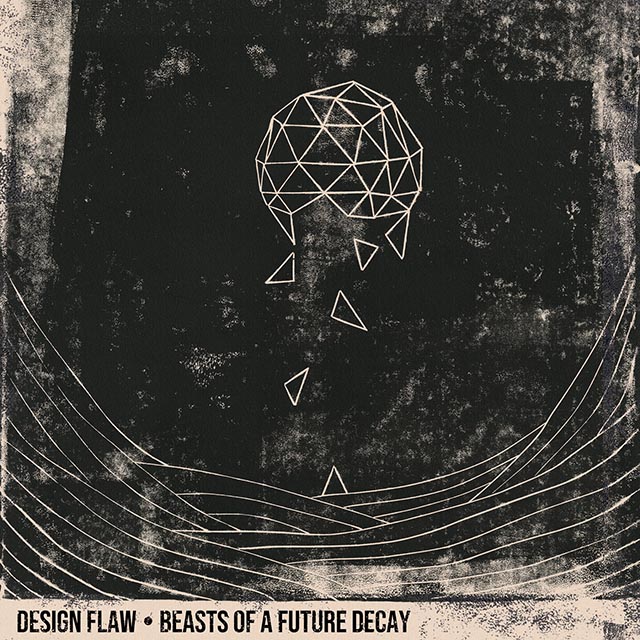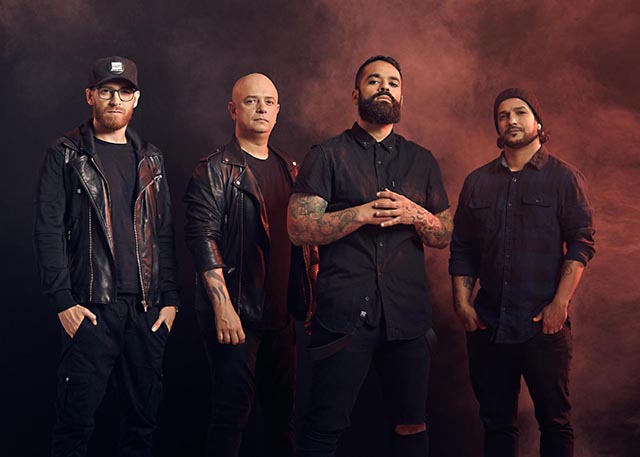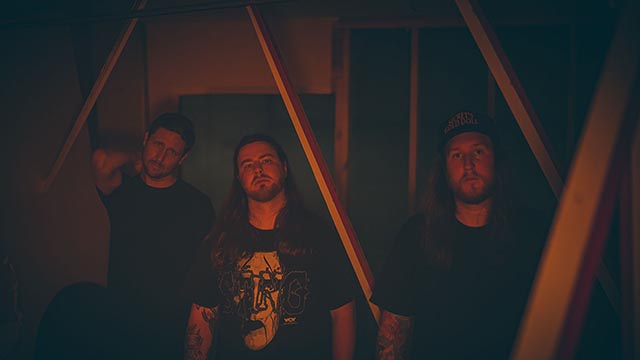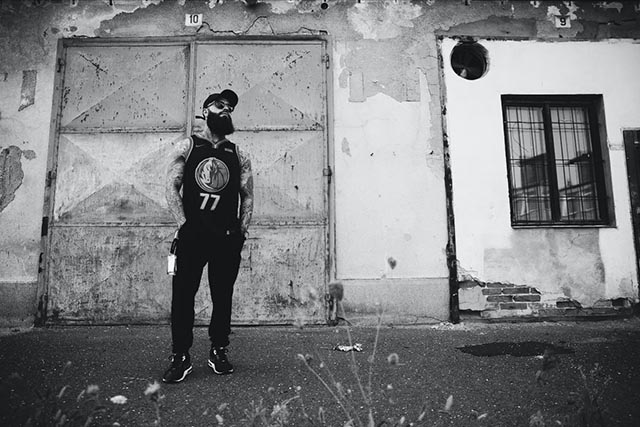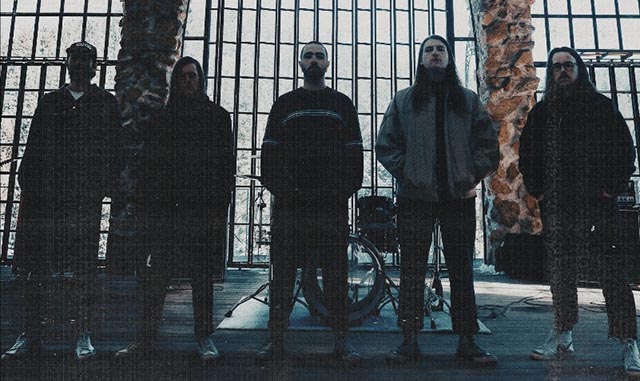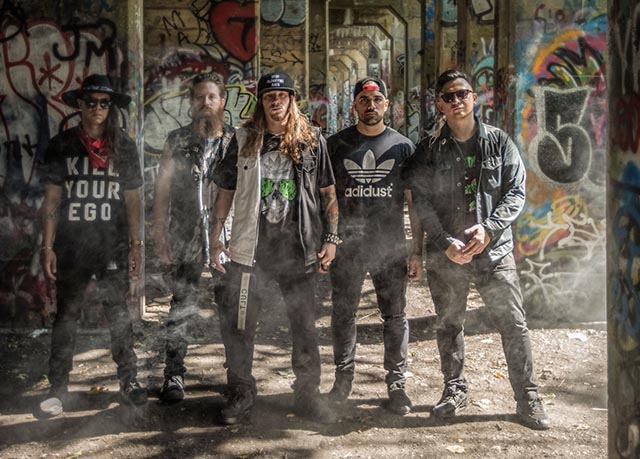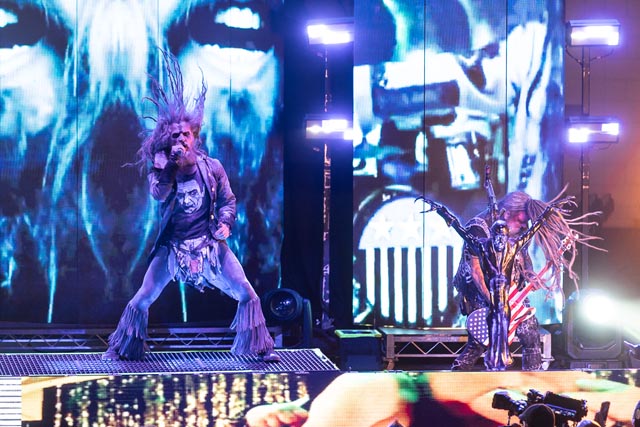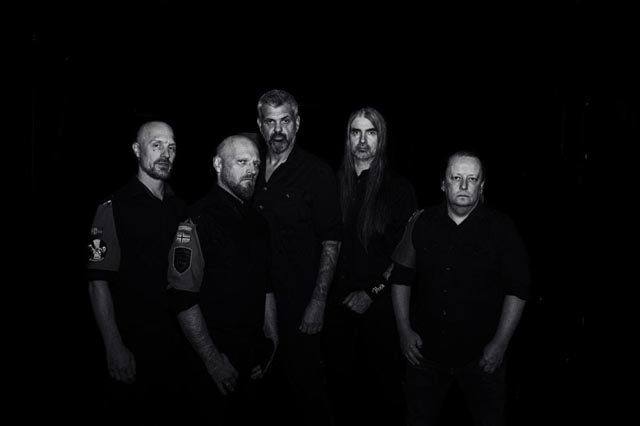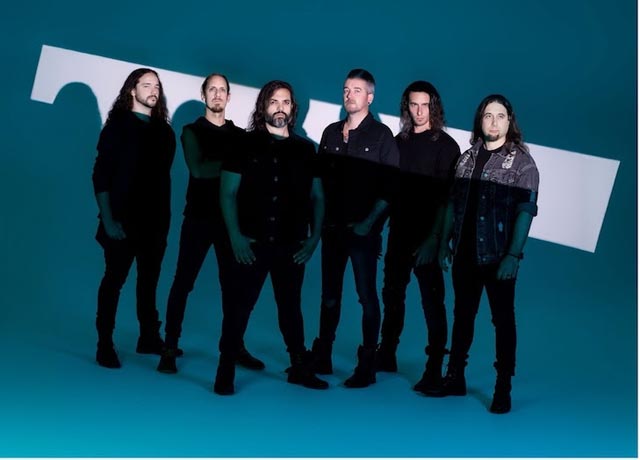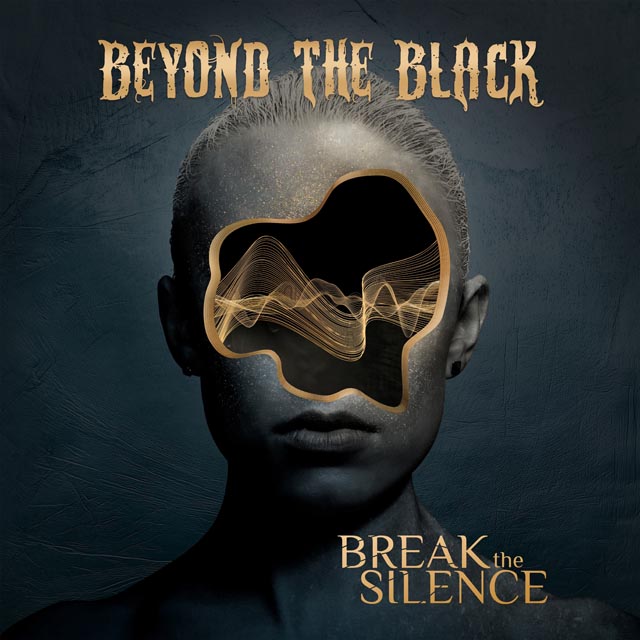
DC hardcore outfit, Design Flaw, have released their debut EP, Beasts of a Future Decay, earlier this month. We caught up with the group and asked five things they learned, recording new music during the COVID-19 pandemic.
Music is meant to be made together: We had been writing and rehearsing for over a year together as a band when the pandemic forced the world into isolation. Initially, we thought that it would be a few weeks at most before we could return to our practice space and keep up the momentum of our writing with hopes to record an EP and play shows. As the time away grew longer, I started to write and make music at home in a more deliberate way than I had before, focusing on arrangements, honing my drum programming, and pushing myself to better my guitar chops. It was fun, and I was genuinely happy with some of the pieces I came up with. The result was lots of 2-minute ideas — riffs and progressions with drum samples — but they weren’t complete and they weren’t real yet. When we finally were finally able to start rehearsing safely, our energy and songwriting clicked in a new way. In one session, we churned out the bones of what would become “Ghost.” Next, we found the structure and energy of “Silence.” The writing came about naturally with either a bass line or drum groove initiating a prolonged jam that left us excited and wanting more. We had other ideas and fully formed songs before the pandemic forced us all into lockdown, but these songs were different — they came from a new place and their energy and sound were unique. When we turned the initial voice memo recordings into demo multitracks, we knew it was time to record in the studio. The energy and spontaneity of writing together were what made this EP special. — Gibran Esa
Flow with the circumstances: Keeping a consistent full-band rehearsal schedule during lockdown was difficult. Often, one of us would have to sit out for a few weeks due to possible exposure or family commitments. When we were down an instrument during the writing process, the other three would approach playing the songs in a different way. Sometimes for fun, and sometimes just as a means to get through practice as best as we could. The changes were never meant to be permanent, but if something felt right, if it felt better, we were not afraid to go with the flow! There was far less band friction about this than you might think. In fact, it was usually super exciting to hear how something morphed in our absence! — Navid Marvi
Don’t get stuck: When constant schedule changes and absences became the norm, we learned to not harp on one idea and waste two to three precious weeks on it. Being able to take a step back say “this song isn’t getting fixed today, let’s move on to something new” is key. — Ryan Hobbs
Don’t Stop Believin’: When we started playing together, there was so much going on in our country and in our personal lives. Sometimes, playing music was an outlet for all of it. I could unleash my emotions in the practice space without fear. Other times, it just didn’t feel right. Like, all of this horrible stuff is going on and I’m headed to play music with my friends and have fun? I honestly felt a bit guilty. Looking back, I am so incredibly grateful that we had the space to work through things together. It had a huge hand in adding some of the tenacity and urgency to our songs. The beauty as well. I personally had been going through a lot of heavy stuff the few years prior to the pandemic and lockdown. There were times when I really didn’t want to show up, I just wanted to wallow in everything and sit at home to be alone with my emotions. But the magical moments at practice kept me going. I wanted more. And the more we played, the more there were. — Steve Smith
Take extended breaks from social media!
